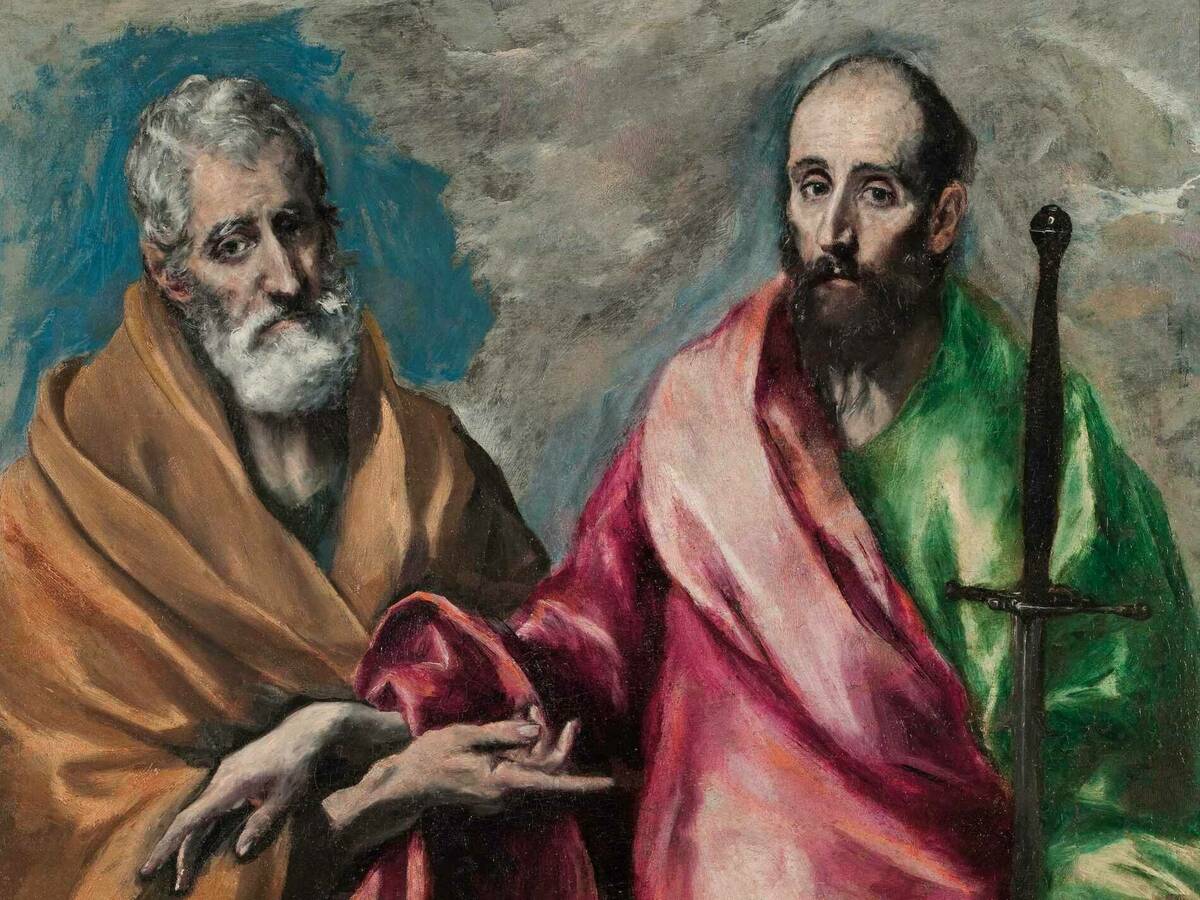- Feb 5, 2002
- 166,347
- 56,060
- Country
- United States
- Faith
- Catholic
- Marital Status
- Married
- Politics
- US-Others
Let us face it: our history tells us that deep divisions have been annoyingly persistent in the Church. From the very beginning, Peter and Paul—whose feast day we celebrate together on June 29 as pillars of the Church—went at it pretty hard over their fundamental differences. Paul even speaks of confronting Peter dramatically (“to his face”!) when the fisherman came to Antioch.
And this was just the beginning. Jerome and Augustine, two of the most brilliant minds of the Church, did not get along—and there are letters between them to prove it. As archbishop of Constantinople, St. John Chrysostom was deposed and banished. St. John of the Cross was kidnapped and held prisoner by fellow members of his own Carmelite order. For centuries it was Franciscans versus Dominicans and Jesuits versus just about everyone else. The sheer number of disputes testifies to how difficult it is to foster unity, even among people who share so much in common.
As the secular culture frays around us, we must ask ourselves: “What is this thing that binds us all together?” The answers are less than clear, especially as more and more of us define ourselves primarily by opposition to large numbers of our fellow citizens. Social media plays a significant role here—but it serves as more of an accelerant than actually providing the flame. The foundational problem is one of idolatry, especially political idolatry. The Gospel of Jesus Christ (um . . . spoiler alert) cannot be made to fit into any secular political party or agenda. But many US Catholics, it turns out, appear to have a stronger commitment to a secular political vision than to the Gospel as understood by Christ’s Church. The success or failure of our political program or tribe often drives our ultimate concerns—and thus we imagine (or simply ignore) the Gospel with this narrow view in mind.
Enormous amounts of money are used by powerful people and institutions in order to achieve secular political objectives and goals. It is worth noting, however, that this same money often fuels Catholic figures and institutions—but only if they are clearly serving these same secular political objectives and goals. Antagonistic identities make it difficult to have national conversations, much less debates, about anything of importance. For, as political commentator David French puts it, “When you argue politics with a person, you’re often not simply asking them to change their mind, you’re often asking them to change their identity. You’re asking them to possibly lose their community and forfeit friendships. You’re sometimes asking them to shift the very sense of purpose that has defined their life.”
Continued below.

 churchlifejournal.nd.edu
churchlifejournal.nd.edu
And this was just the beginning. Jerome and Augustine, two of the most brilliant minds of the Church, did not get along—and there are letters between them to prove it. As archbishop of Constantinople, St. John Chrysostom was deposed and banished. St. John of the Cross was kidnapped and held prisoner by fellow members of his own Carmelite order. For centuries it was Franciscans versus Dominicans and Jesuits versus just about everyone else. The sheer number of disputes testifies to how difficult it is to foster unity, even among people who share so much in common.
As the secular culture frays around us, we must ask ourselves: “What is this thing that binds us all together?” The answers are less than clear, especially as more and more of us define ourselves primarily by opposition to large numbers of our fellow citizens. Social media plays a significant role here—but it serves as more of an accelerant than actually providing the flame. The foundational problem is one of idolatry, especially political idolatry. The Gospel of Jesus Christ (um . . . spoiler alert) cannot be made to fit into any secular political party or agenda. But many US Catholics, it turns out, appear to have a stronger commitment to a secular political vision than to the Gospel as understood by Christ’s Church. The success or failure of our political program or tribe often drives our ultimate concerns—and thus we imagine (or simply ignore) the Gospel with this narrow view in mind.
Enormous amounts of money are used by powerful people and institutions in order to achieve secular political objectives and goals. It is worth noting, however, that this same money often fuels Catholic figures and institutions—but only if they are clearly serving these same secular political objectives and goals. Antagonistic identities make it difficult to have national conversations, much less debates, about anything of importance. For, as political commentator David French puts it, “When you argue politics with a person, you’re often not simply asking them to change their mind, you’re often asking them to change their identity. You’re asking them to possibly lose their community and forfeit friendships. You’re sometimes asking them to shift the very sense of purpose that has defined their life.”
Continued below.

Old News: Deep Divisions in the One Church
Charlie Camosy on fostering unity.
